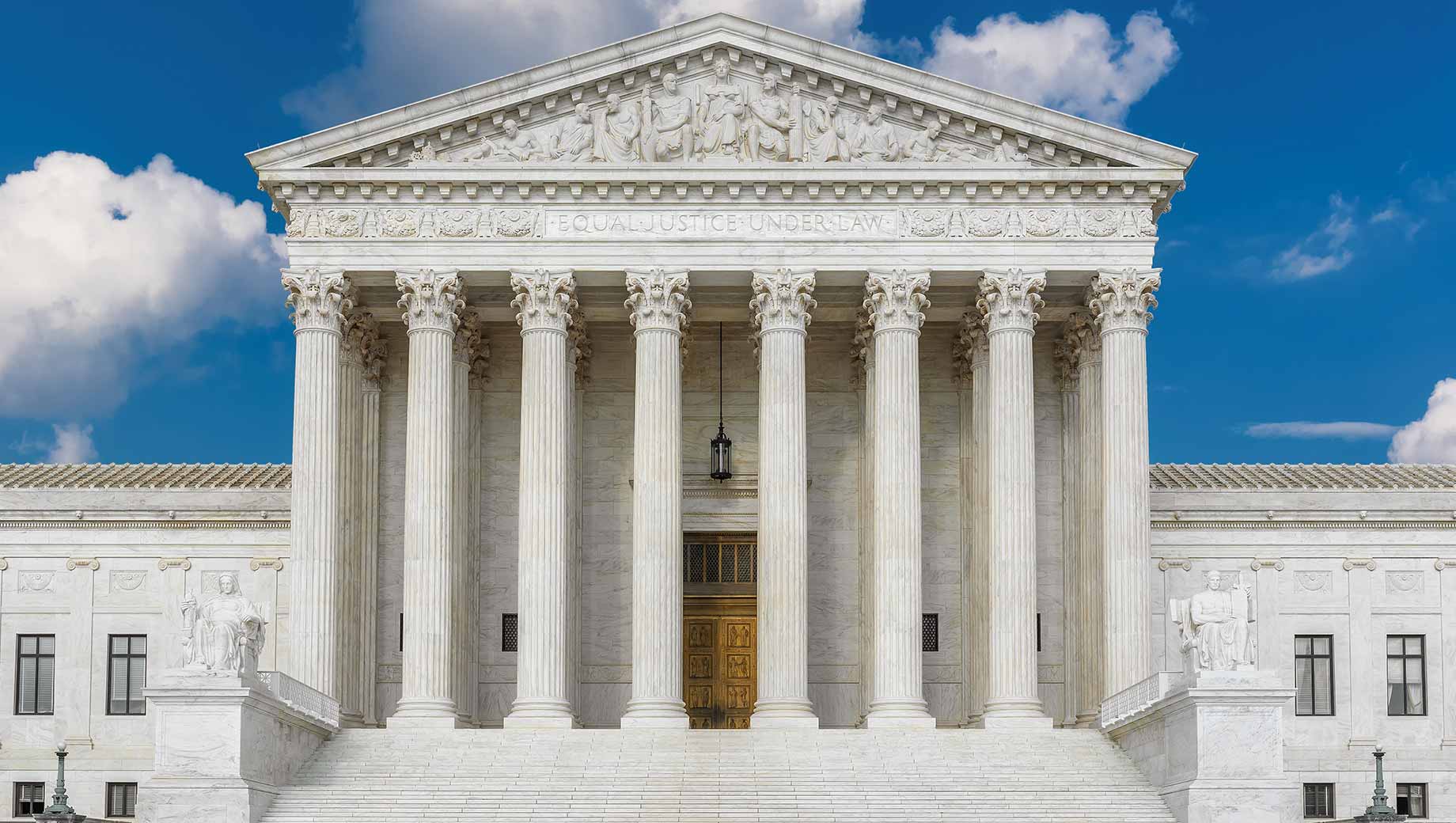
On Tuesday, the Supreme Court issued an unanimous ruling in regard to a deaf student’s lawsuit against his public school district for discrimination. Justice Neil Gorsuch wrote the majority opinion for the bench.
Background:
Petitioner – Miguel Perez, 23-year old deaf student in Michigan
Respondent – Sturgis Public Schools
As identified above, Miguel Perez was a 23-year old deaf student in the state of Michigan when filing this lawsuit. Perez sued the Sturgis Public Schools on the basis of violating the Individuals with Disabilities Education Act (IDEA) and the Americans with Disabilities Act (ADA) for a compilation of reasons. First, Perez’s family learned only shortly before he was supposed to graduate that the school would not be granting him his diploma. Perez claims that although the school provided him a classroom aide, the aide was not trained to work with deaf students and did not know language. He attended Sturgis Public Schools for 11 years and during that time either never received an aide, or when he did received one that yet again either was inadequate in serving his needs or who would often be absent.
Following the notification that he would not be receiving his diploma on time, Perez filed a complaint to the Michigan Department of Education claiming that the school denied him an adequate education under his disability, therefore violating the federal laws I referenced above (along with some state laws). Prior to a hearing that would be held to entertain his IDEA violation claim, the school district settled with Perez. The contents of the settlement included for the school paying for Perez to attend the Michigan School for the Deaf, post-secondary compensatory education, and sign language instruction for both Perez and his family.
Following the settlement, Perez filed suit against both the school district and Michigan Department of Education for failing to provide him the necessary resources to participate and succeed in his coursework.
Two levels of lower courts rejected Perez’s ADA violation claim due to a failure to exhaust administrative proceedings under the IDEA. The district court ruled that since Perez settled with the school district before undergoing any formal administrative proceedings under the IDEA, he exhausted his right to file an ADA claim. This ruling was affirmed by the U.S. Court of Appeals for the Sixth Curcuit.
Ruling:
The essential question in this case is whether or not failing to exhaust administrative proceedings under the IDEA prohibits an individual from filing suit even when the proceedings may be meaningless.
Justice Gorsuch and the remaining members of the bench were not shy to overturn the rulings of the courts below them. Gorsuch explains that Perez’s suit seeks compensation for both the “emotional distress” and “lost income” that Perez suffered as a result of the school district’s inability to provide him adequate resources. He reasons that this claim is outside of the scope of the IDEA. Gorsuch agreed with Perez that the administrative proceedings only need to be exhausted under a claim that seeks remedies that the IDEA can provide. Since Gorsuch and other members of the bench felt that in Perez’s case, the IDEA could not provide him these compensations, the facts of his case warrant an ability for him to file suit without exhausting administrative proceedings.
Sources:
https://www.oyez.org/cases/2022/21-887
https://www.scotusblog.com/2023/03/court-rules-for-deaf-student-in-education-law-case/
Hello Hunter, this is such an interesting case! Where do you hear about these cases? My biggest question in response to your writing is if Miguel Perez did not receive adequate resources for the decade or so that he was in high school, how was he able to navigate the school environment at all and why wasn’t this issue brought up earlier? These cases show just how important legislation is to provide a basis for citizens who are treated unfairly to receive justice for the harms that they faced.
Hi Hunter! I had not previously been aware that this case was being heard but the Supreme Court but found it intriguing that Perez was able to settle with the school district but then filed a suit against the school district and the Michigan Department of Education. I also find the fact that the two lower courts and the Supreme Court did not agree on the issue that Perez did not exhaust his options with the IDEA interesting. To understand what happened, I am interested to understand what steps Perez did take and what support was available.
How could an administration be so out of touch that they provided a deaf student an aid who can’t even communicate with them? When you go to school, you expect to be able to get any information you need for your courses, but to be restricted and not accommodated like that is unacceptable. However, I feel more concerned about the court’s ruling. This sets the precedent that anyone who has the same issue has Perez would face the same result and would not get compensated for someone else’s oversight. That is ridiculous! Or perhaps I am not understanding the ruling? Is the court perhaps saying that due to them filing the claim under “emotional distress” rather than something else, that had lost them the case? What should they have filed instead? I think that IDEA should make it more clear of how victims could get recompensated for this issue and make it more clear so that this never happens again.